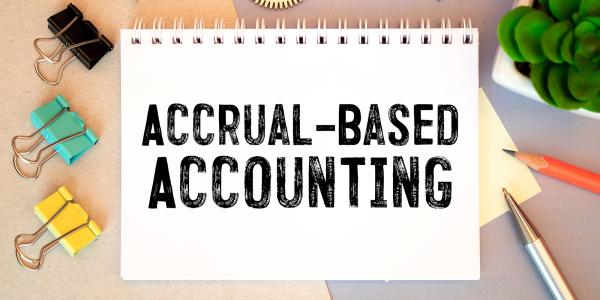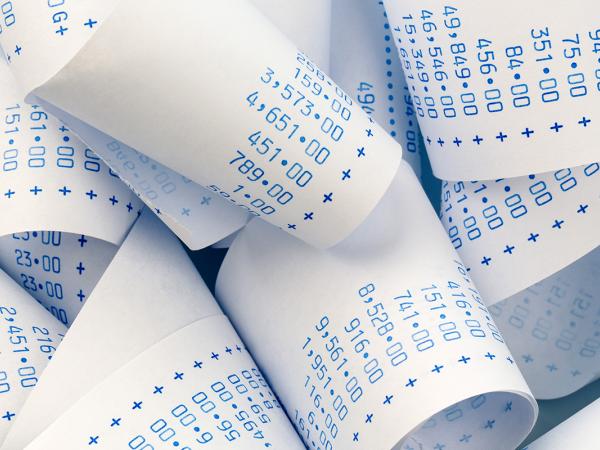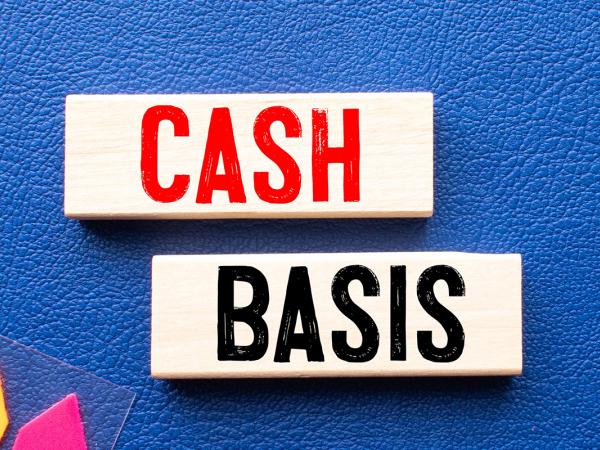Accounts: accruals basis
Sole traders and partnerships must prepare business accounts to complete their self assessment tax returns. Accounts show income and expenses of the business for the accounting period and can be prepared by using one of two methods: the cash basis or the accruals basis. This page outlines how the accruals basis works.

Content on this page:
General principles
Historically, the accruals basis of accounting was the usual way that accounts were prepared in the UK. The accruals basis, which is also called traditional accounting or the Generally Accepted Accounting Principles (GAAP) basis, uses basic accountancy principles to ensure that only income and expenses which apply to the accountancy year are recorded in that year.
In general terms, this means that all income earned and all expenses incurred during the accounting period are included in the accounts, whether they are paid or not.
For example, if you are self-employed and have an accounting year end of 31 December and have a furniture shop then, when preparing your accounts for the year ended 31 December 2023 under accruals basis principles:
- If you invoice a customer on 31 December 2023, this invoice would be included as sales income, whether the customer had paid it or not. If the customer has not paid on 31 December 2023 the amount would be included as a debtor.
- If you paid your annual insurance bill on 1 July 2023 to cover the period from 1 July 2023 to 30 June 2024, you would only include half of the cost in the accounts to 31 December 2023 even though you had paid the full amount; the other half would be included in the accounts for the following year as a prepayment.
- If you bought nine beds to sell and on 31 December 2023 there are three beds left then only six beds would be treated as a purchase during the year, with the remaining three beds being treated as a stock asset for the following year (see Business expenses allowable for tax under the heading Costs of goods bought for resale or goods used).
If you want to use the accruals basis for your self-employment accounts, then no election is required on your self assessment tax return for tax years up to and including 2023/24. For the 2024/25 tax year onwards you will need to elect on your self assessment tax return that you are using the accruals basis.
Changing to cash basis
If you decide you want to move from accruals basis to cash basis accounting, there are transitional rules to ensure that overall taxable profits are correct by taxing income and deducting all expense payments only once.
The steps you will need to take to move from the accruals basis to the cash basis are made during the first year of using the cash basis. The best way to explain this is by considering an example:
Our guidance on the cash basis explains how you can move from the cash basis to the accruals basis.
More information
Our guide to self-employment is intended to supplement the material in this section. We wrote this guide to help advisers (non-tax) who advise low-income self-employed individuals and also for self-employed people who want more detailed information in one accessible place. The guide explains the less common tax rules and contains more detailed information including a case study showing how to prepare accounts and what to include on your 2023/24 tax return when using the cash basis.



